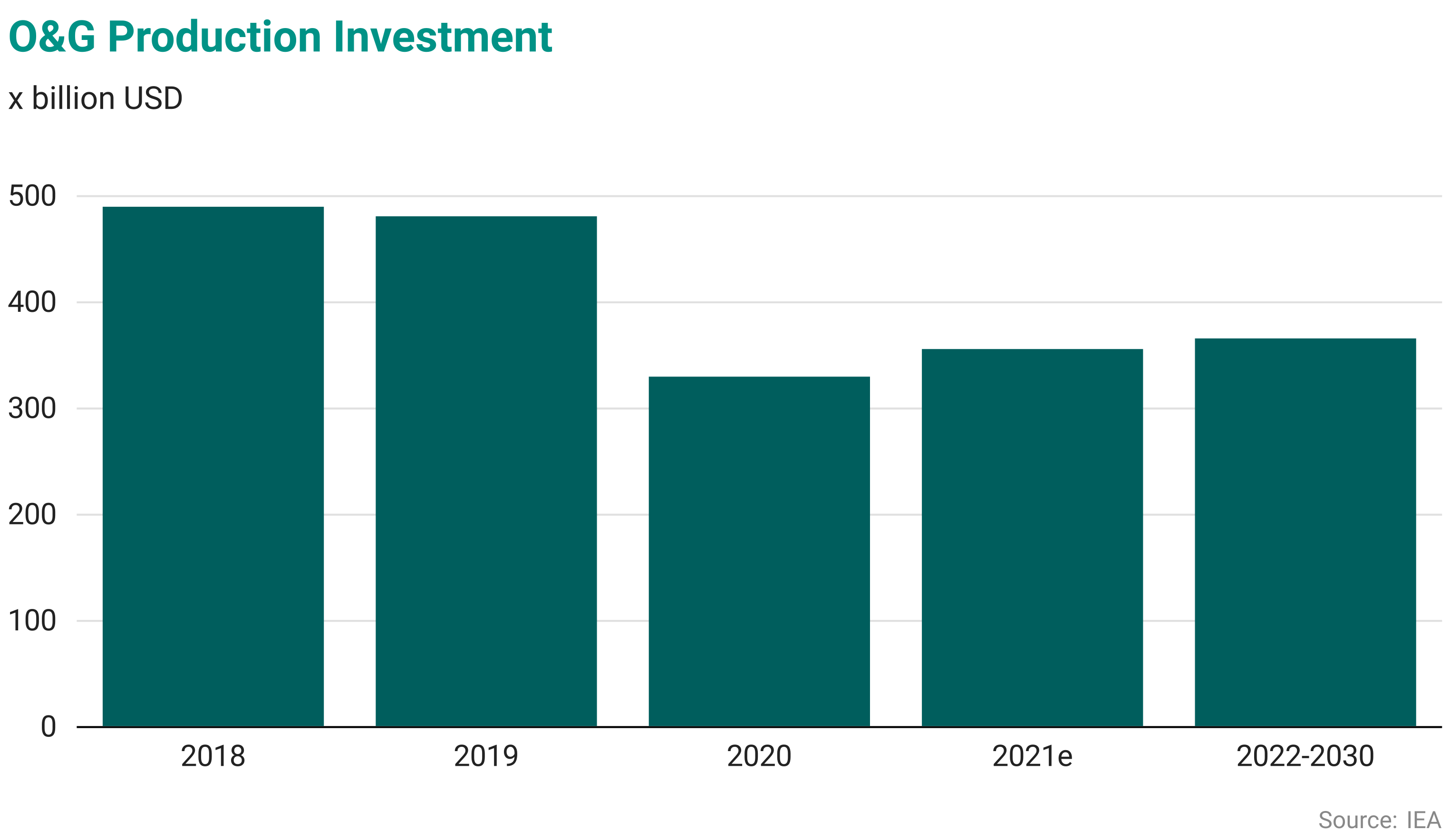
Make haste slowly
It cannot have escaped anyone's attention that climate policy and the energy transition feature prominently on agendas these days. But why does it all seem to be going so slowly?
This summer’s report by the Intergovernmental Panel on Climate Change (IPCC) highlighted once again the major consequences for global heating if we do not succeed in drastically reducing greenhouse gas emissions. Every climate march demands that we finally transition. Or, as Swedish climate activist Greta Thunberg has pointed out, it’s just "blah blah", but no action. But although for some people it can never go fast enough, a lot is happening and steps are being taken.
Global approach
At the Conference of Parties (COP26) in Glasgow, world leaders renewed their commitment to meeting the Paris targets. They also made USD 100 billion available annually for emerging countries to help them reduce emissions. In addition, they made agreements on the phase-out of fossil fuel financing and the global trade in carbon rights. This opens the way for a global approach to climate policy and encourages the reduction of emissions where most needed, and at the lowest possible cost.
Current investments in fossil fuel production are still higher than investments in renewable energy sources. There are calls for investments in fossil fuels to be cut more rapidly. However, this must be put into perspective. The International Energy Agency's Net Zero 2050 scenario (NZ2050) shows what needs to happen to achieve a carbon-neutral economy by 2050 – a scenario that is fully in line with the Paris Climate Agreement.
And it’s precisely this scenario that demonstrates that, although current investments in fossil fuels are fully in line with the reduction path towards 2050, investments in renewable energy sources will have to at least triple to match this pace of reduction in the current energy mix. After all, the reduced use of fossil fuels needs to be equalled by the build-up of sustainable solutions to meet the same energy demand – especially if we want to keep energy affordable and reliable.
Current investments in sustainable energy are already regularly up against the limits of power grid capacity. Investing in infrastructure and sustainable energy is one thing, but achieving it takes time. That’s why there’s a limit to the acceleration of the energy transition and to the speed at which we can cut fossil fuels. Given the political and media reaction to the current high energy prices, these factors matter too. In Latin, one would say festina lente, or ‘make haste slowly’. We need to speed up, but in a responsible way. There’s good reason for it to be called an energy transition rather than a revolution.
Hans van Cleef
Senior Energy Economist

